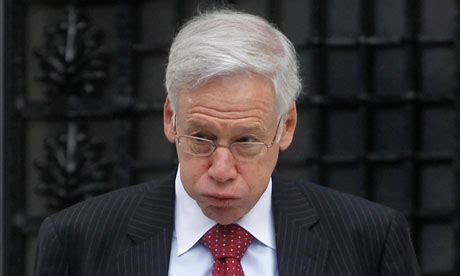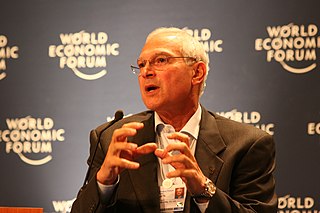A Quote by Charles Dallara
We have not argued in either Brazil or Argentina that the IMF should step in to protect the banks.
Related Quotes
I passionately disagreed with Treasury Secretary Hank Paulson's plan to bail out the banks by using a public fund called the Troubled Asset Relief Program (TARP) to help banks take toxic assets off their balance sheets. I argued that it would be much better to put the money where the hole was and replenish the equity of the banks themselves.
The United States has given frequent and enthusiastic support to the overthrow of democracy in favor of "investor friendly" regimes. The World Bank, IMF, and private banks have consistently lavished huge sums on terror regimes, following their displacement of democratic governments, and a number of quantitative studies have shown a systematic positive relationship between U.S. and IMF / World Bank aid to countries and their violations of human rights.
The IMF is a more complicated issue. I think there is a broad sentiment among both the left and the right that the IMF may be doing more harm than good. On the right, there's the view that it represents a form of corporate welfare that is counter to the IMF's own ideology of markets. But anybody who has watched government from the inside recognizes that governments need institutions, need ways to respond to crises. If the IMF weren't there, it would probably be reinvented. So the issue is fundamentally reform.


































